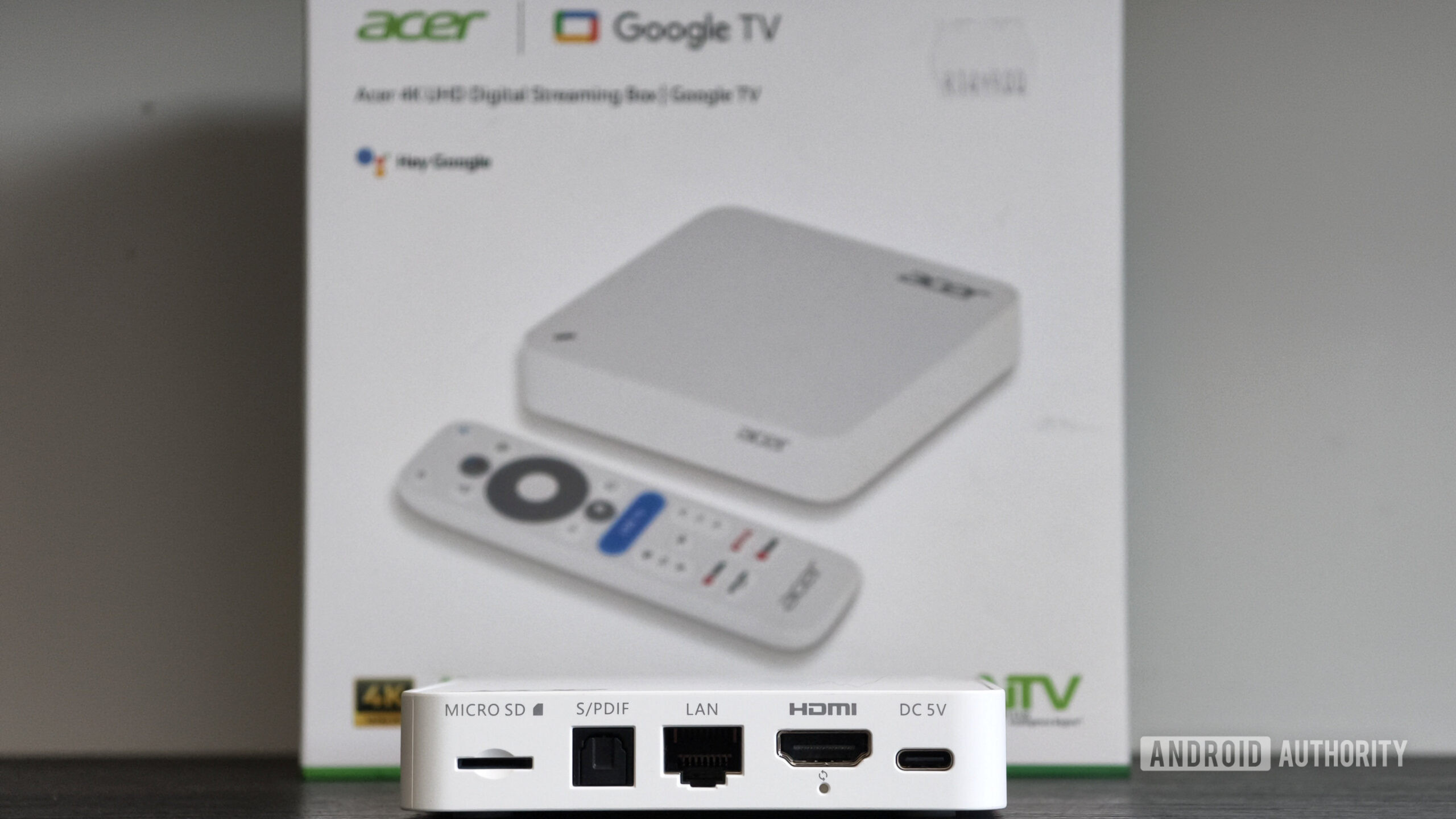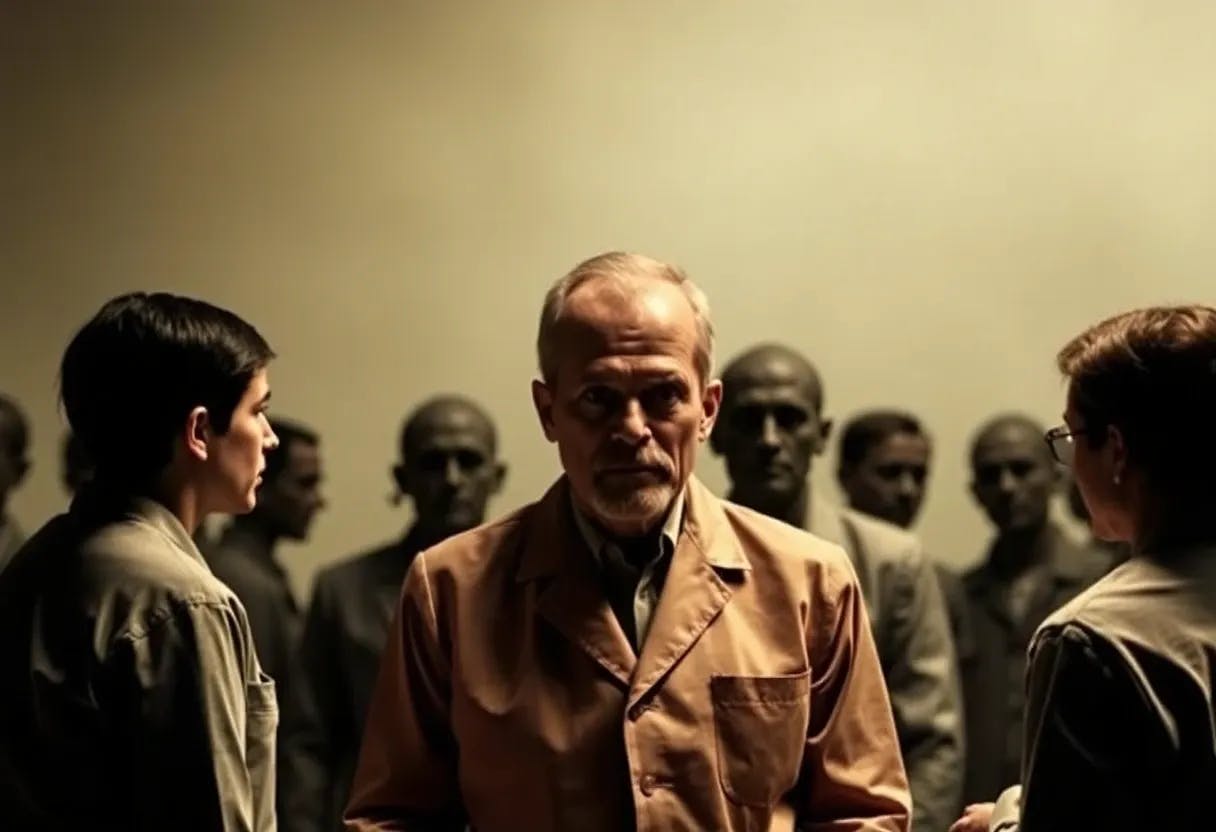My mother and I sat glued to the television each night of the 2025 World Series game. Previously, we’d both sworn to boycott the Los Angeles Dodgers due to their complacency and unwillingness to take a firm stance on the ongoing ICE raids in Los Angeles and across the country. We’d even stowed our blue LA Dodgers caps away.
My mother, an immigrant from Guatemala, and I, her daughter, felt betrayed by the team we rooted for and admired. Our boycott felt like an obligation. Yet, six months into the raids and boycott, we’d found ourselves tuning in to watch the team play in the World Series for the second year in a row. My mother likes to think she didn’t break the boycott because she didn’t buy a ticket and tuned into the game on free antenna television, but we very much did.
Part of why I watched the Series was my interest in the highly skilled immigrant players on the Dodgers. I wanted to see how many of them would be on the team’s lineup and watch their contributions throughout the series. So many of the key plays that allowed the Dodgers to advance deep into the Series, all the way into Game 7, were made by immigrant players. Yoshinobu Yamamoto from Japan was consistently “nasty” in his pitching, especially in Game 2 during which he pitched nine complete innings. This pitching contributed to the team’s victory and earned the pitcher the Series MVP award. Shohei Ohtani, also from Japan, pitched various strikeouts and batted three home runs in the Series.
But more than anything, I paid very close attention to the contributions of Latin and Latin American immigrant Dodgers players. Immigrants in the United States are being scapegoated for the government’s shortcomings, but Latin people in particular — immigrants and non-immigrants, undocumented and documented — are actively being targeted and abducted off the streets across LA and the country. My eyes were locked on Latin players on the team — players who did not disappoint, but instead stole the show. And I, a Latina, felt so proud and honored to be represented by players who embody excellence.
Teoscar Hernández of the Dominican Republic hit a solo home run in Game 3 to give the Dodgers a 1–0 lead. Kiké Hernández of Puerto Rico hit a solo home run in Game 5 when the team was down two against the Blue Jays. , in Game 6, when the Blue Jays had a chance to win the game and therefore the entire series, Kiké initiated the insane double play with Miguel Rojas of Venezuela that ended the game, allowing the Dodgers to advance to Game 7.
Andy Pages of Cuba’s crazy catch in Game 7 prevented the Blue Jays from winning and sent the game into extra innings. The solid pitching of Edgardo Henriquez of Venezuela and Anthony Banda of Texas also propelled the Dodgers forward.
Then there was Miguel Rojas’ gnarly home run in the ninth inning of Game 7, when he only had one strike left to bat, with the Dodgers an entire point behind the Blue Jays. Had it not been for his home run, the Dodgers would have lost and been a game short of winning the series. Rojas wasn’t even on the starting lineup going into the Series and was only added as a starter in Game 6, his first time starting since Game 2 of the National League Division Series back on October 6. Rojas not only showed up for the team, he crushed the game.
At the celebration at Dodger Stadium on November 3, Rojas, in true humble immigrant fashion, said, “It’s not about me. It’s about everybody in this organization doing what they need to do.” He then diverted the attention on him to celebrating the birthday of his teammate Roki Sasaki, an immigrant from Japan. Rojas was selfless when he very much could have been selfish and basked in the limelight.
The Dodgers organization can learn a thing or two from him. Unlike Rojas, the organization has been selfish as it has chosen to remain ever so silent about immigration enforcement lurking in communities neighboring Dodger Stadium.
It would behoove the Dodgers franchise to stand in solidarity with the immigrant and Latin communities being targeted by ICE, spurred on by the current presidential administration. And no, their $1 million donation back in June does not suffice for all the people affected by these violent raids, especially when the Dodgers franchise is worth $6.9 billion. The donation is only 0.0145% of their worth — not even half a percent.
What’s more, the language in their pledge completely skirted around the raids themselves, calling them “recent events,” and Stan Kasten, the franchise’s president and CEO, only alluded to them as “what’s happening in Los Angeles.” Why was the franchise so afraid to name the events for what they were (and continue to be): violent raids and abductions of people? It’s very concerning that pledging $1 million was easier to do than to use language that clearly communicates what is happening in LA.
Some believe politics and sports shouldn’t mix, but the two are inherently intertwined; from Dodger Stadium deciding to sell sushi and tacos (food brought to this country by immigrants) to Muhammad Ali and Colin Kaepernick advocating for civil rights via their platform and sports. Asking politics and sports not to mix is asking to strip the institution of sport of its humanity when athletes (humans) are at the very center of sport.. If humanity matters at all to the Dodgers, they will turn down the president’s invitation to the White House. If they accept, however, they will make their position ever so clear — that the Latin and immigrant communities who make it the renowned organization it is do not matter, that we are negligible. But this is far from the truth.
May the Dodgers franchise not forget, but remember, respect, and honor the many immigrants and Latinos who’ve gotten them to their $6.9 billion worth: its immigrant players, the custodians cleaning restrooms night after night for meager pay, and the vendors climbing up and down stairs for hours on end as they sell churros to the fans who scrambled just enough money for nosebleed seats to their first Dodger game despite being lifelong Angelenos.
And may we, the people of Los Angeles, not forget our purchasing power as consumers. I’m still not wearing my cap nor buying tickets to a game any time soon.










